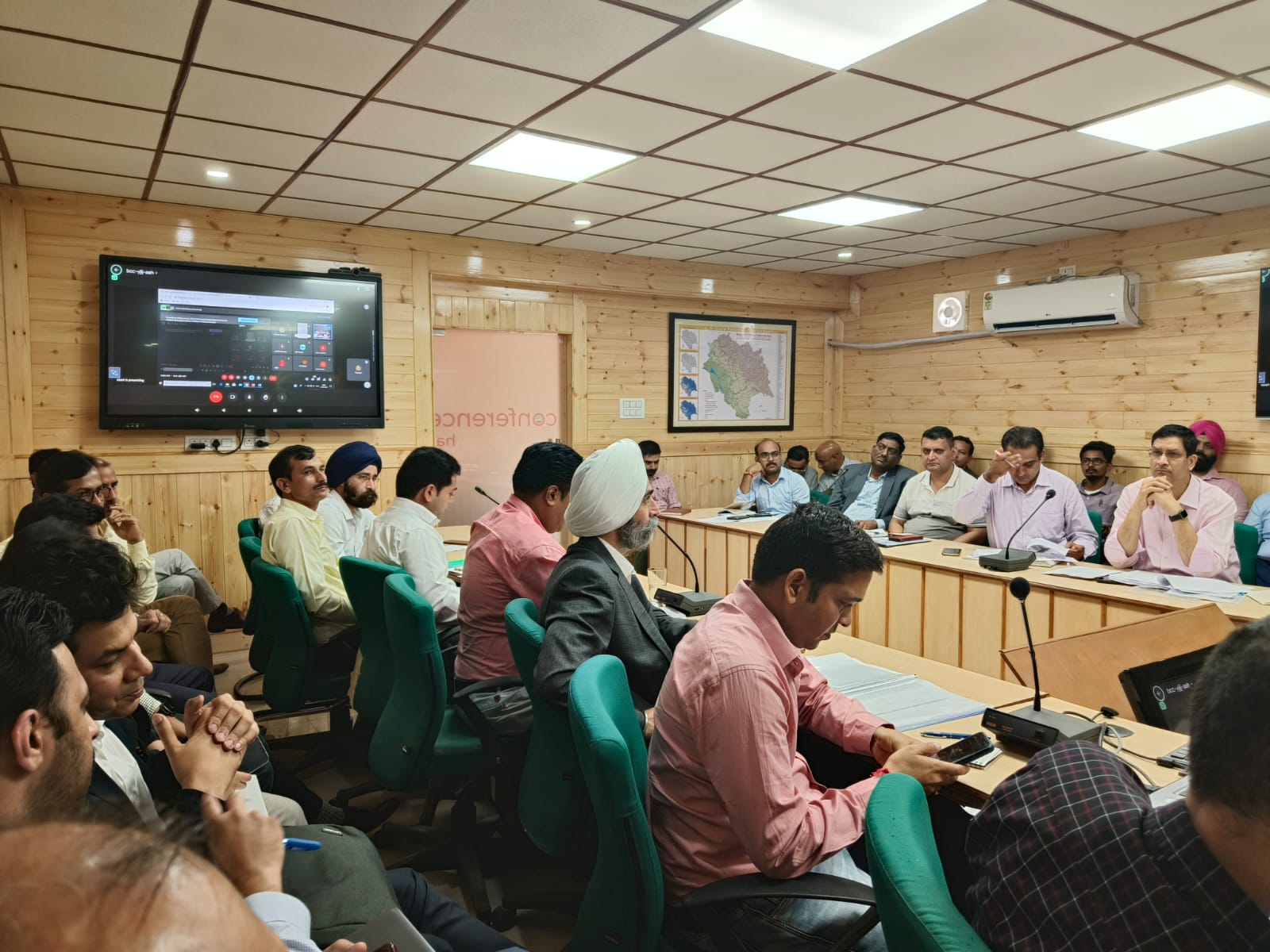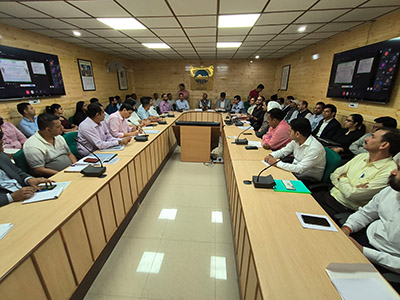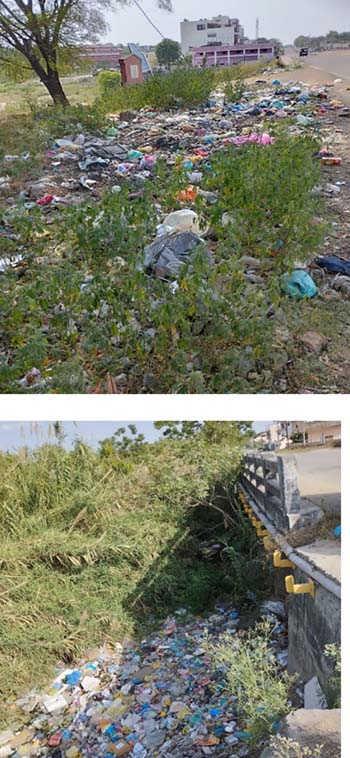SHIMLA: The state pollution regulator has directed Producers Importers and Brand Owners (PIBOs) to set up the waste collection systems or partner with entities like urban local bodies, gram panchayats, and other public authorities to contain the plastic menace that continue to play with ecology of Hills of Himachal Pradesh.
The plastic waste management in Himachal is plagued by a lack of manpower, funds and high transportation costs of Refuse Derived Fraction (RDF), and unauthorized dumping of waste.
The plastic continued to be dumped anywhere and everywhere by the collectors and users as they will.
Though the pollution regulator talked about extending the plastic waste management efforts to rural areas, where small plastic waste management units will be set up.
But most of local urban bodies in towns like Chopal, Theog, Rohru,Rampur, Jubbal, Kotkhai, Nerwa, Narkanda, Tikkar, Baghi, Guma, Sawra, Shoghi, Kufri, Kumarsain, Sarahan, Recongpeo and others in other districts have yet to wake up to deal with the menace.
The waste collected his dumped into the open forest and nallahs, but the officials of pollution regulator remained marooned in their offices.
The Waste Management Agencies were directed to provide complete details of their agreements with PIBOs, including collection, transportation, and category-wise processing of Plastic Waste from Himachal Pradesh.
These were some of the high lights of the Himachal Pradesh State Pollution Control Board a day-long meeting on September 26, 2023, regarding Extended Producer Responsibility (EPR) in plastic waste management here today.
The meeting was attended by the producers/Importers/Brand Owners (PIBOs), Waste Management Agencies (WMAs), Plastic Waste Processors (PWPs), Municipal Commissioners, and representatives of Urban Local Bodies. Regional Officers and Executive Officers from Urban Local Bodies also participated online.
The Central Pollution Control Board requested the Himachal Pradesh State Board to encourage PIBOs and Urban Local Bodies to replicate the EPR model in Ghaziabad due to its economic viability.
Subsequently, each PIBO, including Nestle, Sun Pharma, Kandhari Beverages, Marico, and others, along with Waste Management Agencies and Plastic Waste Processors, submitted progress reports on meeting EPR targets and highlighted challenges they face.
The PIBOs are beating around the bush as the state pollution regulator remains sluggish in implementing the provision of the rules and Act by taking to task the polluters in the state.
Sanjay Gupta, Chairman of the Himachal Pradesh State Pollution Control Board, who chaired the meeting observed, "Management of plastic is important, and it should be part of a circular economy in accordance with the Plastic Waste Management Rules 2016. Plastic is littered haphazardly, polluting our environment and harming animals."
Anil Joshi, Member Secretary of the HP State Pollution Control Board said, "MoEF&CC GOI notified guidelines for the Extended Producer Responsibilities under Plastic Waste Amendment Rules 2022. These guidelines mandate targets on EPR, recycling of plastic packaging waste, reuse of plastic packaging, and use of recycled plastic content”.
“PIBOs should meet EPR targets and ensure plastic waste generated is processed through registered Plastic Waste Processors.", he said.
Chandan Singh, Environmental Engineer, gave a detailed presentation on EPR guidelines under PWM Rules 2016 and outlined the status of EPR liabilities and fulfillment by PIBOs and Plastic Waste Management Agencies/Recyclers.
Satpal Dhiman, Additional Secretary to the Environment, Science, Technology, and Environment to the GoHP, said that some NGOs are collecting plastics from several parts of the State. But he did not quantify how much.
Jagan Thakur, Additional Director, Urban Development Department, highlighted problems faced in effective plastic waste management, including a lack of manpower, financial constraints, high transportation costs of Refuse Derived Fraction (RDF), and unauthorized dumping of waste.
Jafar Iqbal, MC Commissioner Solan claimed that MC Solan is managing plastic waste, ensuring daily door-to-door collection and addressing public grievances promptly. Waste is 100 percent processed, with nothing going to landfill, he claimed.







